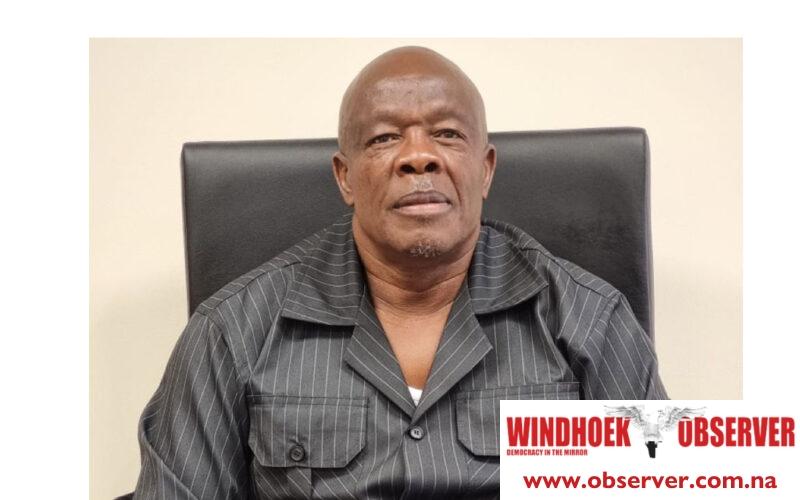19
Feb
In the heart of regional planning lies a crucial element often overlooked: land use. From bustling city centres to rural landscapes, how we allocate and utilise land shapes the very fabric of our communities. Yet, behind the scenes, a web of theories guides policymakers and planners in their decisions. Let's delve into the world of regional development growth theories and their impact on land use. The Quest for Balanced GrowthIn the realm of regional development, achieving balance is akin to finding a pot of gold at the end of a rainbow - elusive yet enticing. Theories like Cluster Theory and…







